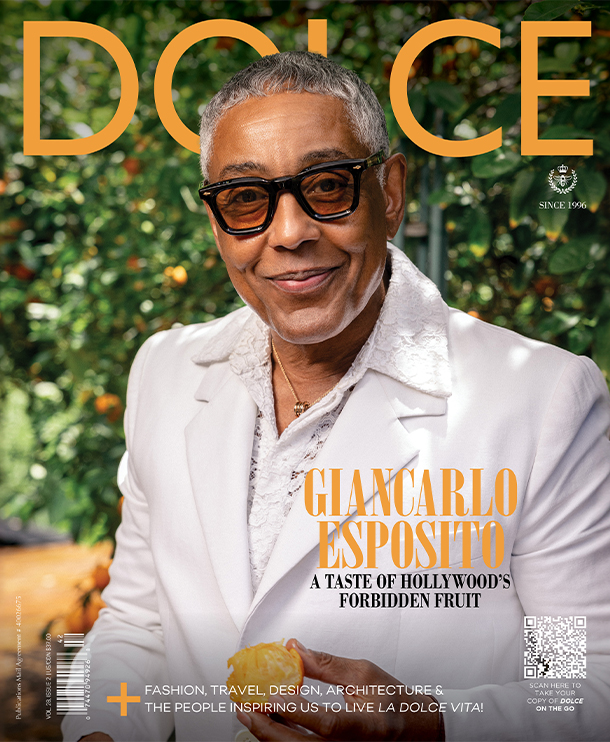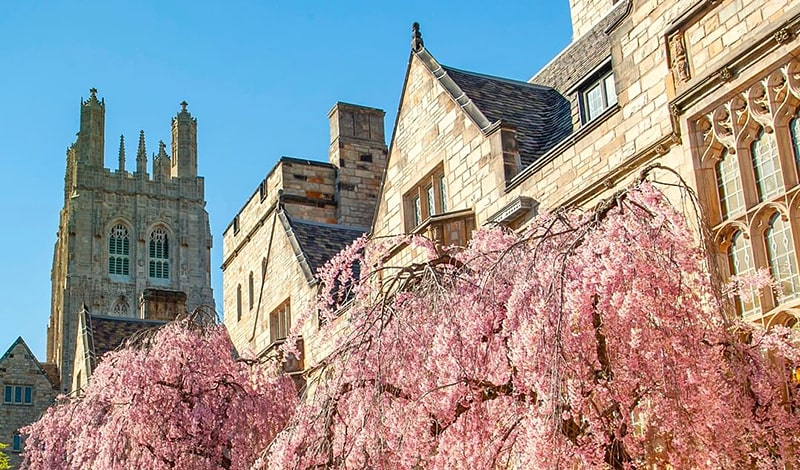A Turn to Happiness During Uncertain Times
Of all the things we could be stocking up on during the coronavirus pandemic, perhaps happiness is in the shortest supply? Not only is COVID-19 a health crisis, but also its uniqueness, uncertainty and impact on every facet of our daily lives make it a potential mental health crisis. Perhaps solace can be found in Yale University’s free online and widely popular “happiness” course.
The course was started by Yale psychology Professor Laurie Santos two years ago after she became concerned about students’ mental health problems while having lunch or coffee with groups of them. This, at one of America’s most elite and high-pressure colleges. Santos thought this was a national trend that was only going to get worse, so she unveiled her new course “Psychology and the Good Life” in spring 2018. The subject was happiness.
The course was unique in that it was a blend of abstract and concrete. It combined positive psychology with the real-life applications of behavioural science. It slapped down some popular notions of what makes people happy, like a status-symbol car or the newest and coolest smartphone, and it helped students understand the habits they should build and control to lead truly happier, more fulfilled lives.
It became the most popular course in the 317-year-old history of Yale University, simply blowing away any other course, with one in four Yale students enrolling. While a large lecture at Yale might attract 600 students, Santos’s lectures were drawing twice that. If this were Broadway, it would be The Phantom of the Opera, Cats and Miss Saigon combined.
After thousands asked for access to the course, Santos designed an iteration for the online learning platform Coursera called “The Science of Well-Being” and it’s available for free to non-Yale students.
The course covers the following topics in weekly installments:
• Misconceptions about happiness
• Why our expectations are so bad
• How we can overcome our biases
• Stuff that really makes us happy
• Putting strategies into place.
In a recent interview with CNN, Santos said that many people mistakenly believe happiness is just around the corner if we land a better job, find a more attractive mate or buy a bigger house, but the neuroscience literature doesn’t back that up.
Happiness and contentedness stem from repeatedly doing simple tasks, rather than herculean ones, says Santos. “Our minds lie to us all the time. We miswant things. We think we need to change our life circumstances to become happier, but what play a much bigger role are our simple practices, simple acts like making a social connection, taking time for gratitude or taking time to be in the present moment.”
These are appropriate and sage words, especially now during the unprecedented times in which we are living, where happiness is elusive and could be in short supply. “The Science of Well-Being” course can be accessed for free through www.coursera.org.

















































































